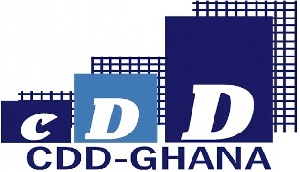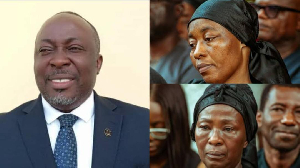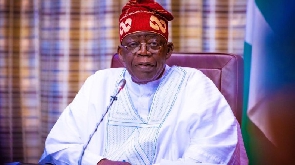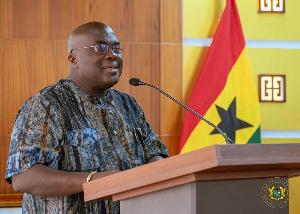The Centre for Democratic Development (CDD-Ghana) and UNICEF Ghana have initiated a project to create a league table for 216 districts to assess and rank their level of development and wellbeing.
Tagged the District League Table (DLT), the project is being developed in collaboration with Ministry of Local Government and Rural Development.
The DLT would serve as a framework for assessing, comparing and ranking districts in terms of selected social and governance indicators, and using the rankings as a basis for generating engagement with service providers, assemblies, and the citizenry as well as with national agencies for better service delivery.
It would also rank the districts in their delivery in health, education, sanitation, water, security and governance.
The maiden DLT report would be launched on Tuesday, November 25, by the Minister of Local Government and Rural Development.
Ms Mina Okuru, Communications Coordinator of CDD for Anglophone West Africa, said in a statement issued in Accra and copied to Ghana News Agency on Wednesday.
“As a simple ranking tool to assess the level of development in each of Ghana’s 216 districts, CDD-Ghana and UNICEF hope to use the DLT to stimulate interactions between citizens and government representatives to promote social accountability,” the statement said.
According to CDD-Ghana and UNICEF while other tools monitor district compliance with administrative requirements or procedures, the DLT focuses on Ghana’s actual performance in delivering key services that are crucial for people’s wellbeing such as health or security and then aggregates the information into a single index.
With the single index, each district in the country could be ranked alongside its counterparts to see which districts are doing well and which need more support.
The aim of DLT is to increase transparency of district information, support government’s ability to target development, raise public awareness on rights, and support debate and dialogue on local development.
Regional News of Thursday, 13 November 2014
Source: GNA













